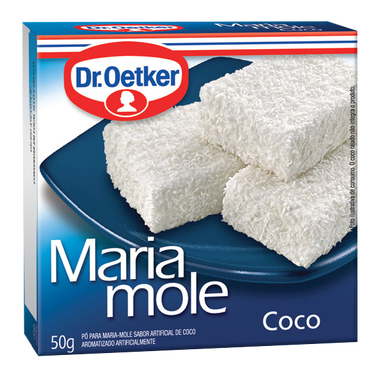Moleza!
Deu Mole!
If you're starting to have real conversations with real Brazilians, DEU MOLE! is one of the first girias (slangs) that you will hear.
To understand this one let's look at where it comes from.

*Some people just want to know what this means, but I love to know the origins. It helps me remember and recall the word or phrase.
You're looking at sweet, soft, malleable, mushy, limp... sugar & gelatin. Basically, a marshmallow. Brazilians use this word most commonly to describe a person that is a "softie", a situation or task that is a "cakewalk", or when someone "whimped-out" (folded under pressure).
So we have, MOLE
Normal usage:
Slang:
And we have MOLEZA
The popular phrase DEU MOLE is of course just the verb DAR + MOLE conjugated into the past tense. The verb DAR in Portuguese is extremely flexible, and is frequently placed in front of another word (usually an adjective) as in these examples.
When DAR is coupled with MOLE it goes like this:
*Note that deu mole is so often used in the context of flirting and making-out. Brazil being a bit of a macho culture uses this expression always in the context of a woman being easy (dando mole), never a man.
"Deu" of course, is the past of "dar". The expression usually used in the past-tense: "deu mole" but can used in the present: O João sempre dá mole.
DANDO MOLE
The gerund conjugation (ing) of DAR is of course, dando.
Olha! Aquela menina está te dando mole. > Look! that girl is 'easy'.
Joana estava dando mole para o Cassio só porque ele é bonito! > Joana was giving into him (or, flirting with) Cassio because he's good-looking.
MOLEZA!

Comentários